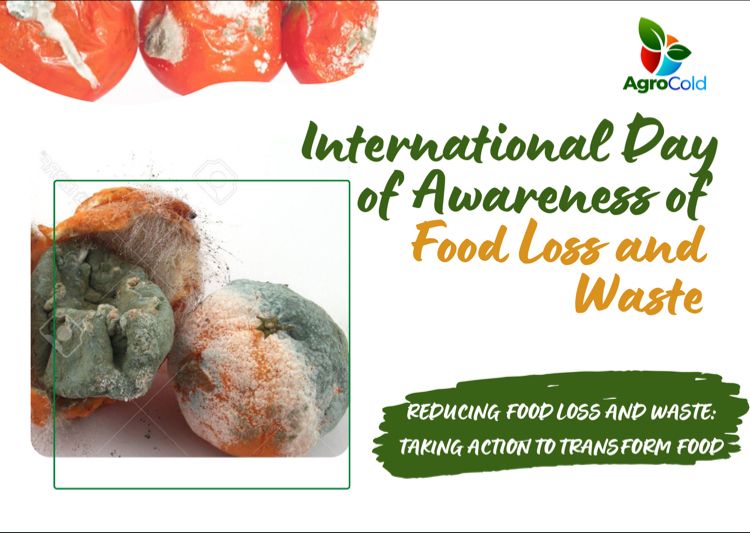Food loss and food waste are symptoms of larger inefficiencies in agrifood systems. Food losses, in particular, have negative impacts on food security and nutrition, as well as on economic development and environmental sustainability.
September 29th has been designated as the “International Day of Awareness of Food Loss and Waste”. A day marked to create awareness in fulfilling the Sustainable Development Goal (SDG) 12, which aims to promote responsible consumption and production. The target is to “halve per capita global food waste at the retail and consumer levels and reduce food losses along production and supply chains, including post-harvest losses.”
Globally, 4.4 gigatones of greenhouse gases is emitted annually into the atmosphere through post harvest losses. Surprisingly, 691 to 783 million people faced hunger in 2022, with a mid-range of 735 million (FAO, 2023). An estimated 13% of the world’s food is lost in the supply chain from post-harvest prior to retail (FAO, 2022); not only that, 17% of food is wasted in households, food services and in retail (UNEP, 2021). Approximately 14 percent of the food produced for consumption globally each year is lost between harvest and the wholesale market (FAO, 2019).
At AgroCold Ghana Limited, food is never wasted. We believe that addressing food loss and waste is a dire necessity to positively impact the pace of agrifood system transformation, as it plays a key role in ensuring food security, improving healthy diets, lessen planetary impacts, mitigating greenhouse gas emissions, conserving and protecting our ecosystems, creating good livelihoods for farmers and building resilient agrifood systems in the country.
This plight can’t be solved alone as it’s a shared and collective responsibility that necessitates the action of stakeholders (farmers, vendors, processors, consumers, etc.) at all levels to secure better food systems and safer environment. Join AgroCold now to combat food lost and waste

